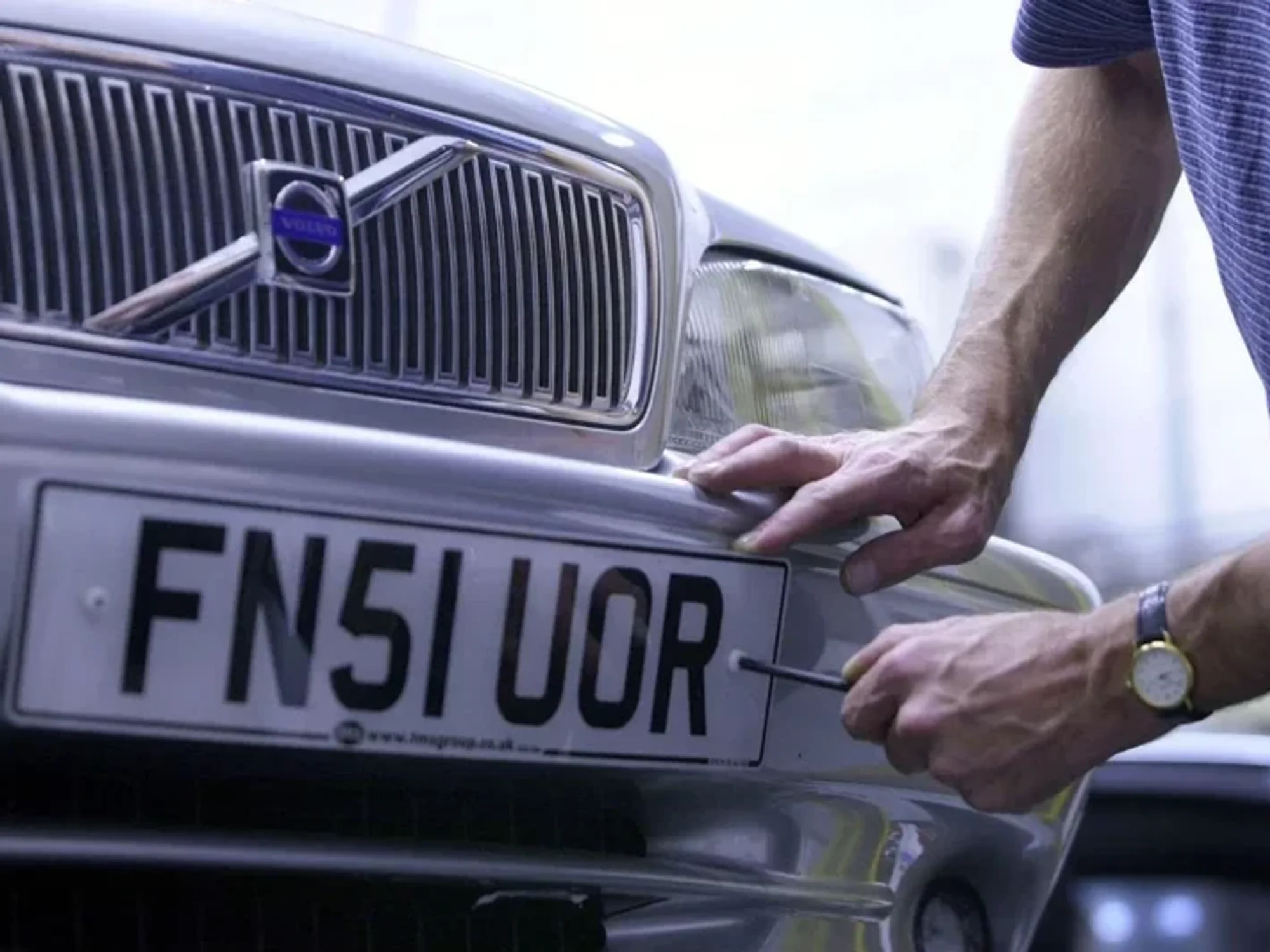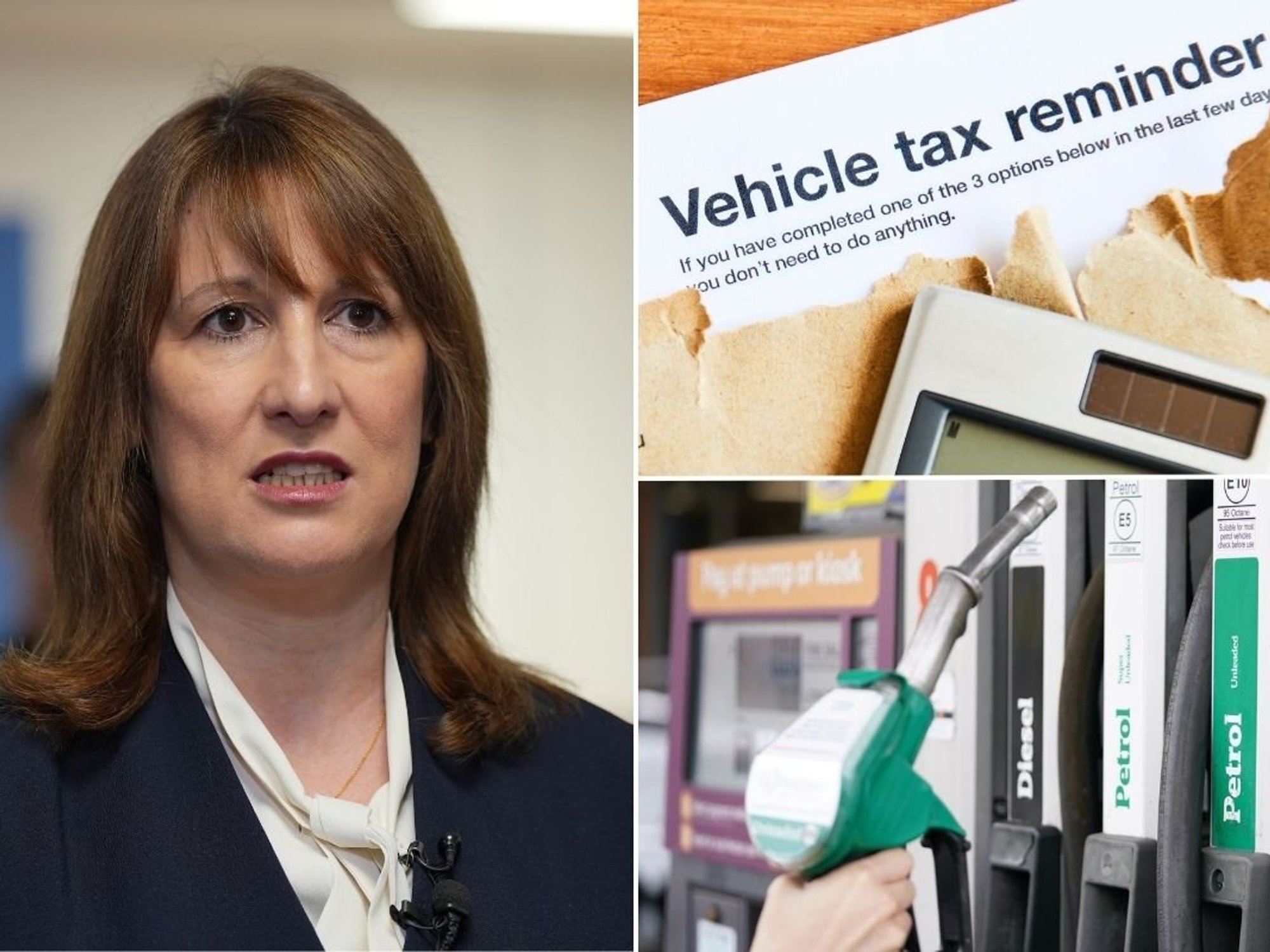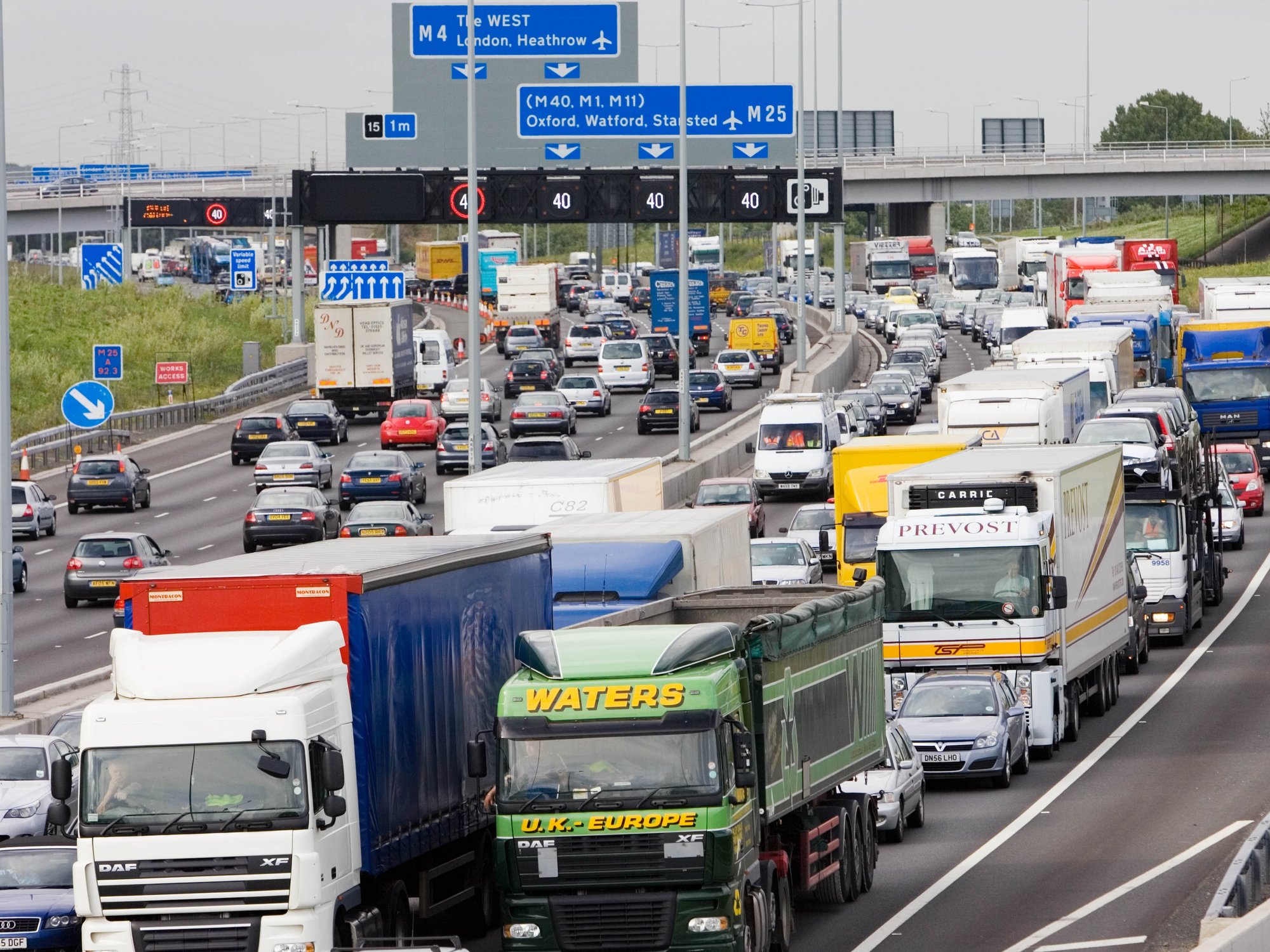Labour targets elderly drivers under new road proposals as over 70s deemed no longer safe behind the wheel

WATCH: Quentin Willson speaks to GB News about elderly drivers facing mandatory eye tests
|GB NEWS

One-in-four Britons know an elderly driver who needs to stop driving altogether
Don't Miss
Most Read
New research has found that a quarter of British adults know someone aged over 70 who they consider unsafe to continue driving.
The findings emerged after mounting concerns over road safety among elderly motorists prompted a Government response.
The survey discovered that 25 per cent of respondents admitted knowing an older motorist they believe should cease driving soon.
Additionally, 27 per cent of those surveyed supported the introduction of yearly driving assessments and health checks for motorists after reaching 70 years of age to enhance protection for elderly drivers and other road users.
TRENDING
Stories
Videos
Your Say
When participants were asked who should monitor whether someone should stop driving, 30 per cent identified GPs as most suitable, while 24 per cent believed drivers should self-assess, and 23 per cent thought family members should intervene.
The research follows reports that the Labour Government is preparing to introduce compulsory vision tests for motorists aged over 70, with those failing the assessments facing driving bans.
Transport Secretary Heidi Alexander's forthcoming road safety strategy will require elderly drivers to undergo mandatory eye examinations every three years when renewing their licences.
The radical reforms, set to be unveiled this autumn, represent the most significant changes to driving regulations in nearly two decades. Alongside vision testing, elderly motorists may face medical assessments for conditions such as dementia.
 The new road safety strategy will include new rules for elderly drivers | GETTY
The new road safety strategy will include new rules for elderly drivers | GETTYThe measures were in response to a coroner's report highlighting that the UK has the "laxest" regulations in Europe regarding self-reporting of deteriorating eyesight.
The new strategy will undergo public consultation, with certain elements requiring primary legislation before implementation.
The comprehensive road safety overhaul extends beyond vision testing to include stricter drink-driving regulations and enhanced police powers. The legal alcohol limit will decrease from 35 to 22 micrograms per 100 millilitres of breath, marking a significant reduction in tolerance levels.
Officers will gain authority to conduct roadside saliva tests for drug-driving evidence, replacing the current requirement for blood tests. This change follows a 78 per cent surge in road deaths involving drug-impaired drivers.

Older drivers currently need to renew their licences more often once they turn 70
| GETTYLATEST DEVELOPMENTS:
- National speed limit on major motorway to drop to 50mph this month as roadworks impact travel for thousands
- Motorists' fury as rollout of new car technology impacts driving standards for thousands across UK roads
- Millions of drivers demand return of cash as parking payment apps spark fury - 'Can be a pain!'
Additional measures include increased criminal penalties for uninsured motorists and stricter enforcement against "ghost plates" that evade Automatic Number Plate Recognition systems.
Passengers refusing to wear seatbelts will also face penalty points under the new regulations, which aim to address the alarming statistic of one person being killed or seriously injured on British roads every 18 minutes.
Department for Transport data revealed that road fatalities linked to poor eyesight have reached their highest level in six years. The statistics show that motorists face triple the risk of death or serious injury after reaching 75 years of age.
Since 2010, the involvement of drivers aged over 60 in accidents resulting in death or serious injury has risen by nearly 50 per cent. Last year alone, 1,633 people died in road traffic incidents across the UK, with an additional 28,000 sustaining serious injuries.
Currently, motorists over 70 must renew their licences every three years through self-assessment questionnaires. However, the existing system relies entirely on honest self-reporting, with no mandatory medical or vision checks required.
 Drivers must disclose a medical condition to the DVLA | GETTY
Drivers must disclose a medical condition to the DVLA | GETTYIan Wilson, Managing Director of Tiger.co.uk, stated: "Older drivers are typically considered one of the safest age groups, which is why the over 65 category enjoys the cheapest premiums."
However, he noted that premiums often increase as drivers approach their mid to late 70s due to more frequent accidents and potentially severe injuries.
Mr Wilson emphasised that declaring medical conditions to the DVLA doesn't automatically result in licence loss, though adaptations such as special controls might be necessary. He stressed that any condition reported to the DVLA must also be disclosed to insurers, warning that failure to declare could invalidate policies.
Several European nations already enforce stricter regulations, with the Netherlands, Italy and Portugal requiring medical examinations for drivers aged 70 and above. France is considering compulsory health checks every five years for elderly motorists.










